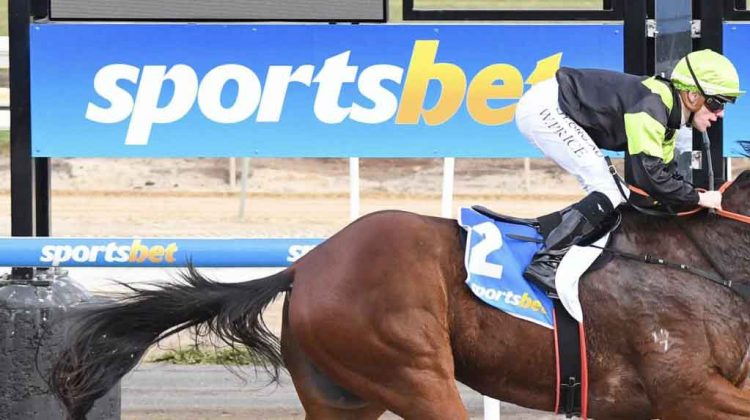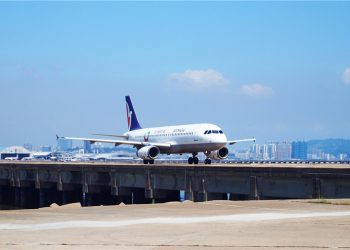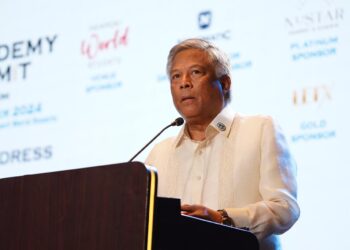One of Australia’s leading experts on gambling law and regulation has warned that a proposed ban on all forms of online gambling advertising would only serve to make illegal offshore online gambling operators more attractive to Australians wishing to gamble online.
Jamie Nettleton, Partner at Australian law firm Addisons, told Inside Asian Gaming that removing the ability of licensed sportsbooks to market to Australian players, combined with further taxes and levies on their operations, would inevitably make them less competitive in the international market.
A near-blanket ban on all online gambling advertising was one of a number of recommendations contained in a report published last week following a parliamentary inquiry into online gambling and its impacts on those experiencing gambling harm.
“The question you have to ask is: why do you have a license? What’s the benefit of having a license?” Nettleton said. “Well, the benefit of having a license is access to the market, and access to the market is not just access to the market by having customers but being able to market to those customers to allow them to keep on coming through the door. That’s part of the benefit.
“Now, Australia is not alone in this because a lot of countries are putting in place these types of advertising bans, but very few to the same extent as what’s being talked about in this report.
“On top of this, there are restrictions in respect to the products that can be supplied, ever increasing red tape – including in respect of the KYC process which needs to be completed before you can take a bet – and rising costs that are going to be incurred by operators having to pay up to 50% of profit in taxes.
“That ultimately means that the [odds] which are offered [by Australian licensed sportsbooks] will not be nearly as competitive as those offered by offshore operators.”
Noting that Australia’s Interactive Gambling Act makes it illegal for offshore operators to offer gambling services to Australians, but does not make it illegal for Australians to participate, Nettleton added, “Those who recognize a good price will find [the better odds] and utilize them.”
As reported by IAG, the parliamentary report calls for gambling advertising to be phased out over three years, with Phase One to include a prohibition of all online gambling inducements and inducement advertising, and all advertising of online gambling on social media and online platforms. It would also prohibit such advertising on commercial radio between school drop-off and pick-up times.
Phase Two would ban all online gambling advertising and commentary on odds both during and for an hour before and after any sports broadcast, along with in-stadia advertising and logos on player uniforms.
Phase Three would add prohibition of all broadcast online gambling advertising between the hours of 6am and 10pm, while Phase 4 would see a blanket ban prohibition on all online gambling advertising and sponsorship.
Exemptions would include gambling advertising on dedicated racing channels and programming.
Nettleton warned such a draconian approach was fraught with danger.
“It’s a view I’ve been expressing for a long time,” he said, “Australia’s regulatory regime has been effective in stopping those overseas operators [who follow the rules] from providing their services from offshore into Australia, but not those operators conducting business in grey markets who have less regard for relevant regulations.”
Nettleton also cast doubt over the inquiry’s proposal that the Australian government establish a national gambling regulator to oversee the online industry in place of the current state-based model.
While such a national model is supported by Tabcorp Managing Director and CEO Adam Rytenskild – primarily as part of his efforts to level the playing field with the corporate bookmakers – Nettleton suggests doing so may create more problems than solutions.
“You’re going to have conflict between the states about bringing in national regulation,” he said. “I mean, how is NSW going to justify continuing its Point of Consumption tax if there is a national regulator generating levies? How is that going to work out? Product fees are also issued at a state level, and no-one will want to give up the golden goose.
“Do I think it’s going to happen? It’s a big, big ask and I cannot see it happening in the timeframe they are talking about.”


































